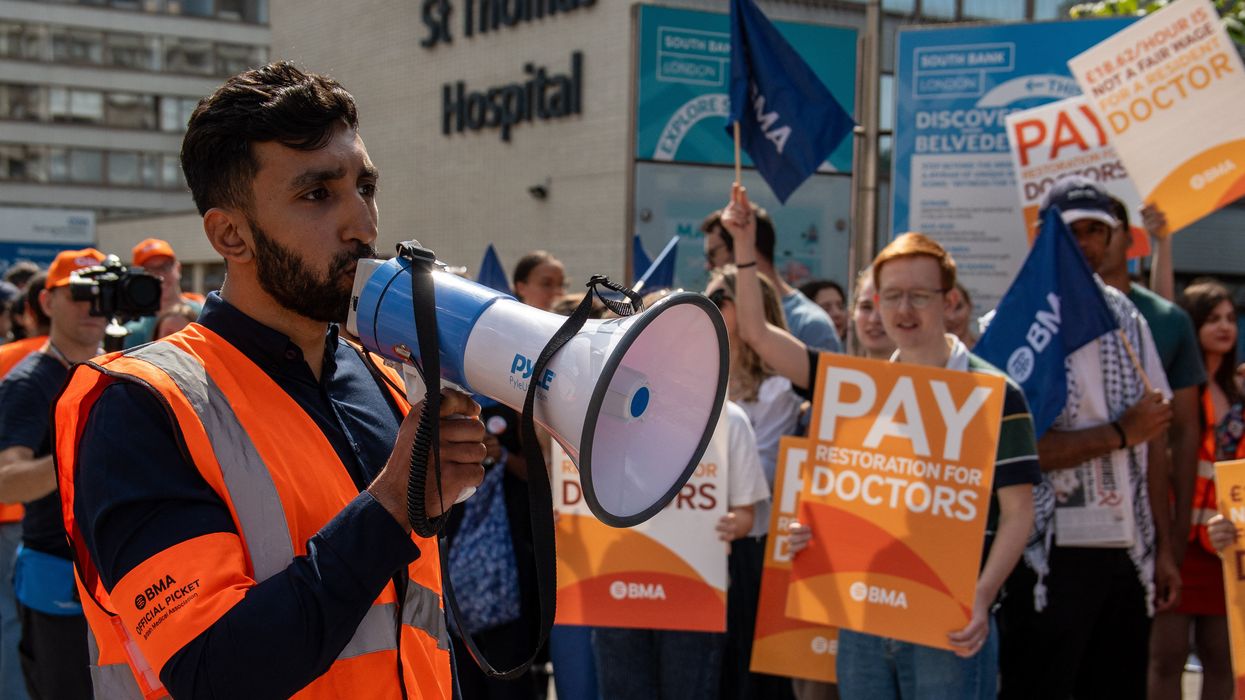Key Summary
- Around 50,000 resident doctors will be on strike till 7 am on Wednesday
- Senior doctors are being brought in to cover resident doctors
- Health Secretary Wes Streeting has vowed to "keep disruption to patients to a minimum"
Thousands of resident doctors in England have begun five-day strike action after the British Medical Association and the government failed to reach an agreement over a pay hike.
Around 50,000 doctors will be on strike until 7 am on Wednesday (30) and it is expected to affect the functioning of NHS-run hospitals.
NHS England has urged the public to continue attending any planned appointments they have scheduled during the strike period, unless they have been contacted to reschedule.
Health Secretary Wes Streeting has vowed to "keep disruption to patients to a minimum."
This will be the twelfth strike from resident doctors, who make up around half of all doctors in the NHS, since March 2023.
In previous strikes, the focus has been on staffing emergency care, but this time the NHS is striving to keep even the non-urgent services running.
Senior doctors are being brought in to cover resident doctors, formerly known as junior doctors.
Prime minister Sir Keir Starmer earlier urged the resident doctors not to follow their union down the "damaging road" of strike action.
He wrote in The Times that the strike action would cause "huge loss for the NHS and the country," and criticised the British Medical Association (BMA) for "rushing" into strikes.
Starmer said the walkouts threatened "to turn back the clock on progress we have made in rebuilding the NHS over the last year".
Streeting had held talks with BMA leaders to avert the strike action.
The resident doctors are this year getting an average pay rise of 5.4 percent, following a 22 percent increase over the previous two years.
But the BMA argues that resident doctors have seen their pay fall by a much greater amount in real terms than the rest of the population.
They are demanding a 29 percent pay rise that they say would restore salaries that have been eroded over the past decade.
The BMA has issued newspaper advertisements stating that a resident doctor earns less than their non-medically qualified assistants.
The BMA claims it had asked for a scheme to help write off student loans, but it was rejected by the government.
BMA resident doctor co-leaders Dr Melissa Ryan and Dr Ross Nieuwoudt said, "Streeting had every opportunity to prevent this strike going ahead, but he chose not to take it."












